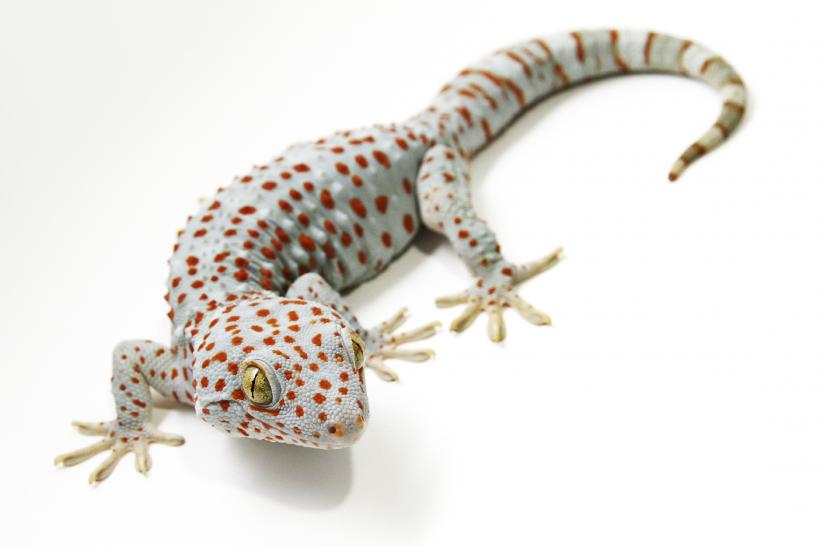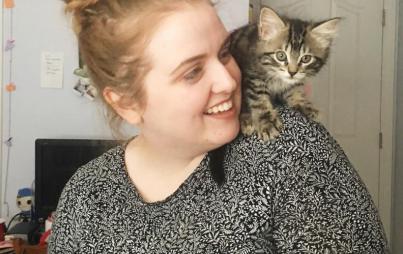
We hate to give you any more tragic news in this trying month of international chaos, but we’ve just received word that a satellite full of geckos is in dire danger of perishing in space.
The reptile crew of the Photon-M satellite—serving alongside valiant fruit flies and mushrooms—could plummet into the cold reaches of the cosmos, unless Russian mission control can re-establish communications with the craft which were lost Thursday.
Checkered Past of Russia’s Space Program
The recent loss of contact is the most recent kerfluffle of various recent setbacks for the country's once famed space industry, which includes the fiery loss of two other satellites earlier this year (including one meant to provide internet service to remote parts of the country), and the initial (live television) cancelation of Russia's first new spacecraft since the Soviet era, the Angara rocket. Thankfully for the job security of space engineers, the craft was successfully launched earlier this month.
The Photo-M series of satellites likewise have had a mixed history. These vessels specifically carry animals for scientific observance. The first attempted satellite of this series first began circling in 2001, fell back to Earth, and improbably managed to kill a soldier who had been watching the launch. But the most recent craft in 2007 containing all kinds of unwitting Earth creatures—including newts, gerbils, slugs, butterflies and spiders—successfully launched and returned to Earth.
Are the Gecko Experiments Retrievable?
So far other (life giving) systems in the gecko satellite are still functioning, meaning scientists are currently able to gather the precious data about the effect of weightlessness on the lizards’ sex lives. (Because apparently that’s a topic considered worthy of millions of dollars in expenditures.) But will mission control be able to reconnect with the satellite to issue directions for a safe trip back to Earth—potential gecko-lings conceived sans gravity in tow?
Stay tuned.
Image: Thinkstock






